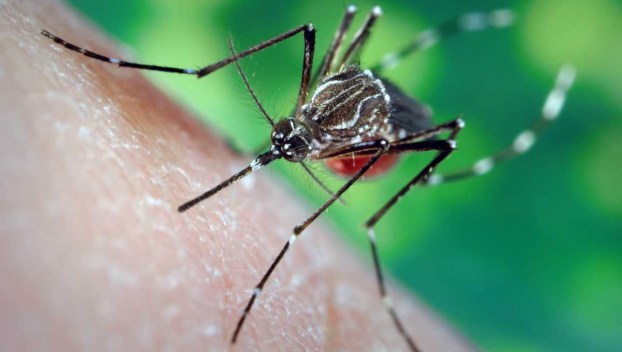
Ga Fl News
Mosquito season has arrived and homeowners should eliminate pest habitat
Mosquito activity this spring has been nearly as erratic as Georgia’s recent weather. Read more

Mosquito activity this spring has been nearly as erratic as Georgia’s recent weather. Read more

Mosquito activity this spring has been nearly as erratic as Georgia’s recent weather. Read more

Living in a low-income neighborhood means dealing with all manner of injustices that richer people don't have to ... Read more
MOULTRIE, Ga. — Health officials say the best way to avoid summer bloodsuckers whose bites can infect us ... Read more